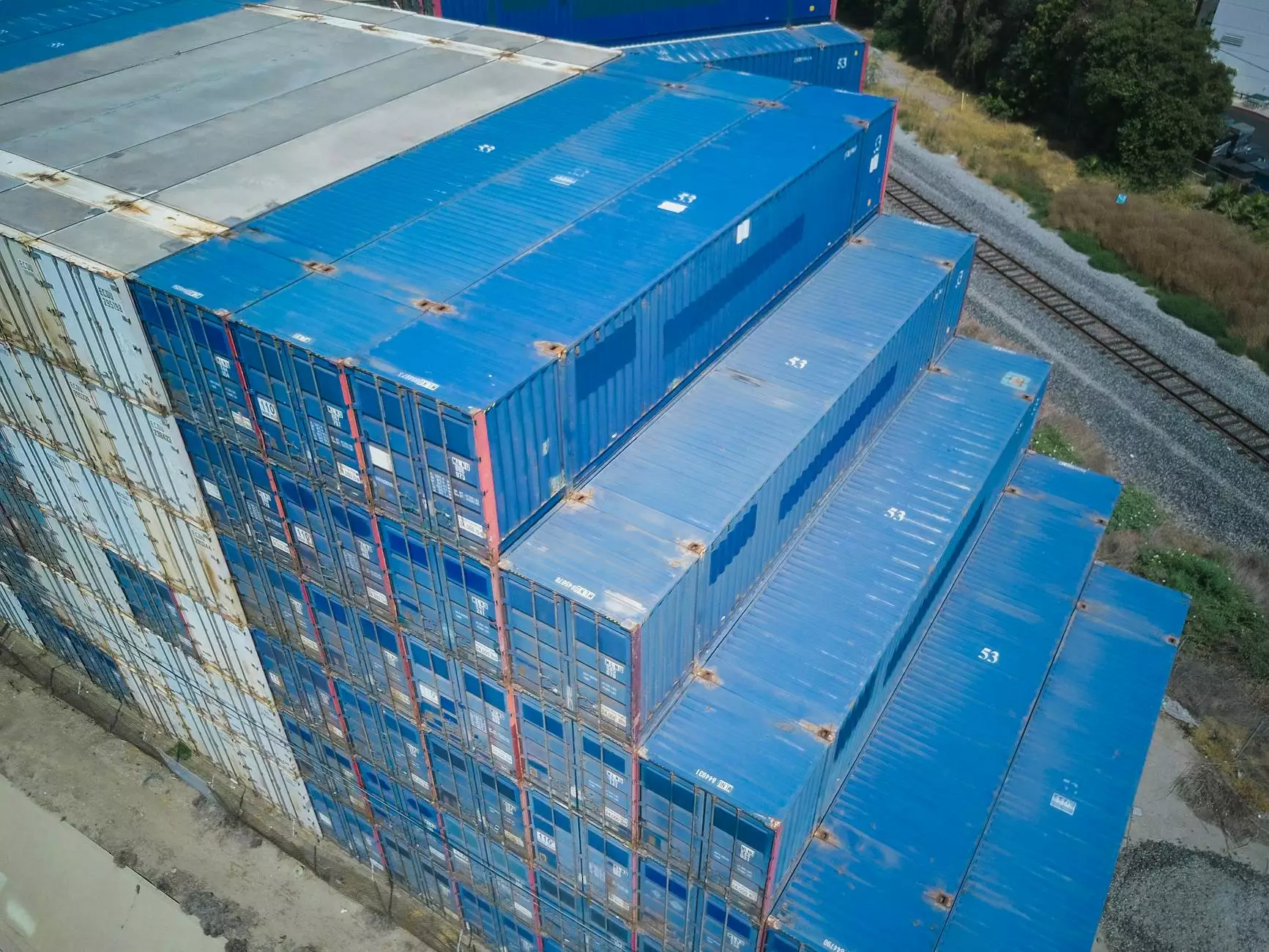The Ultimate Guide to Air Freight Shipping Cost

In today's global market, businesses require efficient and reliable shipping methods to deliver their products promptly. One of the most crucial aspects of logistics that affects businesses significantly is the air freight shipping cost. Understanding this cost is essential for managing budgets and ensuring profit margins. This comprehensive guide will delve into everything you need to know about air freight shipping costs, including influencing factors, methods of calculation, and strategic tips for reducing expenses.
What is Air Freight Shipping?
Air freight shipping refers to the process of transporting goods by air using cargo aircraft. It is one of the fastest methods of shipping and is particularly beneficial for perishable items, time-sensitive deliveries, and products that require quick replenishment. While air freight is typically more expensive than sea freight, the advantages it offers often justify the extra costs.
Factors Influencing Air Freight Shipping Costs
Understanding how air freight shipping costs are calculated is crucial for any business looking to optimize their logistics. The following are key factors that influence these costs:
- Weight and Volume: Shipping costs are heavily influenced by the weight and dimensions of the cargo. Carriers often charge based on the dimensional weight, which calculates cost based on both weight and size.
- Distance: The greater the distance to the destination, the higher the shipping cost. Factors such as fuel prices and route efficiency also come into play.
- Type of Cargo: Different types of cargo (e.g., hazardous materials) may incur additional fees. Special handling requirements can also raise costs.
- Service Level: Express services that promise faster delivery typically come at a premium. Standard services are generally more economical.
- Seasonality: Demand fluctuations during peak seasons (like holidays) can result in higher costs due to increased demand for cargo space.
- Carrier Pricing Models: Different airlines and freight forwarders have varying pricing models, which can significantly impact the cost.
- Insurance and Duties: Costs related to insuring your cargo and customs duties when shipping internationally can add substantial amounts to the total cost.
How is Air Freight Shipping Cost Calculated?
The calculation of air freight shipping cost is often multifaceted. Below are the primary components involved in determining how much you'll pay:
1. Least Chargeable Weight
Air freight is generally charged at the higher of the actual weight or the volumetric weight. To calculate volumetric weight, use the formula:
Volumetric Weight (kg) = (Length x Width x Height) / 5000
In this formula, length, width, and height are measured in centimeters. The divisor (5000) is used by most carriers; however, check with your chosen carrier for specific calculations.
2. Base Rate
Every air cargo shipment has a base shipping cost. This is determined by the carrier and may vary based on the service tier and urgency of the shipment. It is essential to understand what the base rate includes to avoid unexpected charges.
3. Additional Fees
Besides the base charge, additional fees may apply. Common additional charges include:
- Fuel Surcharges: These fees offset fluctuations in fuel costs, which can change rapidly based on global market conditions.
- Security Fees: Air freight requires stringent security measures, and these costs are often passed down to shippers.
- Handling Fees: Fees for loading and unloading cargo at the airport.
- Customs Brokerage Fees: If applicable, these are costs for handling customs clearance and paperwork.
Tips to Reduce Air Freight Shipping Costs
While the air freight shipping cost can sometimes be unavoidable, businesses can adopt several strategies to lower their expenses:
1. Consolidate Shipments
Combining multiple smaller shipments into one larger shipment can significantly reduce costs. Carriers often offer better rates for larger shipments, so consider consolidating your cargo.
2. Optimize Packaging
Using the most efficient packaging that fits your products can help reduce the overall size and weight of shipments, ultimately lowering costs. Ensure you also comply with carrier guidelines to avoid additional fees.
3. Negotiate Rates
Don’t hesitate to negotiate rates with freight forwarders or airlines. If your company regularly ships large volumes, you may be able to secure a better deal.
4. Choose the Right Carrier
Different carriers have distinct pricing structures, service offerings, and network capabilities. It’s essential to compare several options before selecting a carrier that meets your needs and budget.
5. Plan for Off-Peak Shipping
Shipping during off-peak seasons can lead to reduced tariffs. Avoiding holiday periods when demand is high can help you minimize expenses.
The Role of Technology in Reducing Air Freight Costs
With advancements in technology, managing air freight shipping costs has become more efficient. Here’s how technology plays a crucial role:
1. Inventory Management Systems
Effective inventory management helps businesses forecast demand and reduce excess stock. This can directly influence the frequency and volume of shipments, thereby affecting overall shipping costs.
2. Freight Management Software
Using freight management platforms provides visibility into shipping operations, allowing companies to evaluate different rates and services efficiently. This transparency enables intelligent decision-making regarding logistics strategies.
3. Real-Time Tracking
Real-time tracking technology allows businesses to monitor their shipments closely. This capability leads to better planning and more streamlined operations, positively impacting overall shipping costs.
Exploring International Air Freight Shipping Costs
When it comes to international air freight shipping, several unique factors can affect costs:
1. Customs and Regulatory Fees
International shipping involves customs regulations that can incur various fees, making it more complex than domestic shipping. Understanding local laws in destination countries is critical for accurate cost estimation.
2. Inter-country Relationships
Political relationships can affect international shipping costs. Tariffs and taxes may vary based on trade agreements between countries, which requires businesses to stay updated on political climates.
Conclusion: Maximizing Efficient Air Freight Shipping
Understanding and managing air freight shipping costs is essential for any business operating in today’s fast-paced global marketplace. By recognizing the various factors that influence costs, adopting strategic practices, and leveraging technology, businesses can not only streamline their shipping processes but also achieve significant cost savings. By prioritizing efficient logistics and thorough planning, companies can effectively meet customer expectations while maintaining healthy profit margins.
For businesses looking to improve their shipping operations, cargobooking.aero offers expert solutions and resources tailored to meet your specific air freight needs. Whether you're seeking the most cost-effective shipping methods or require assistance with logistics management, we are here to help you navigate the complexities of air freight successfully.



